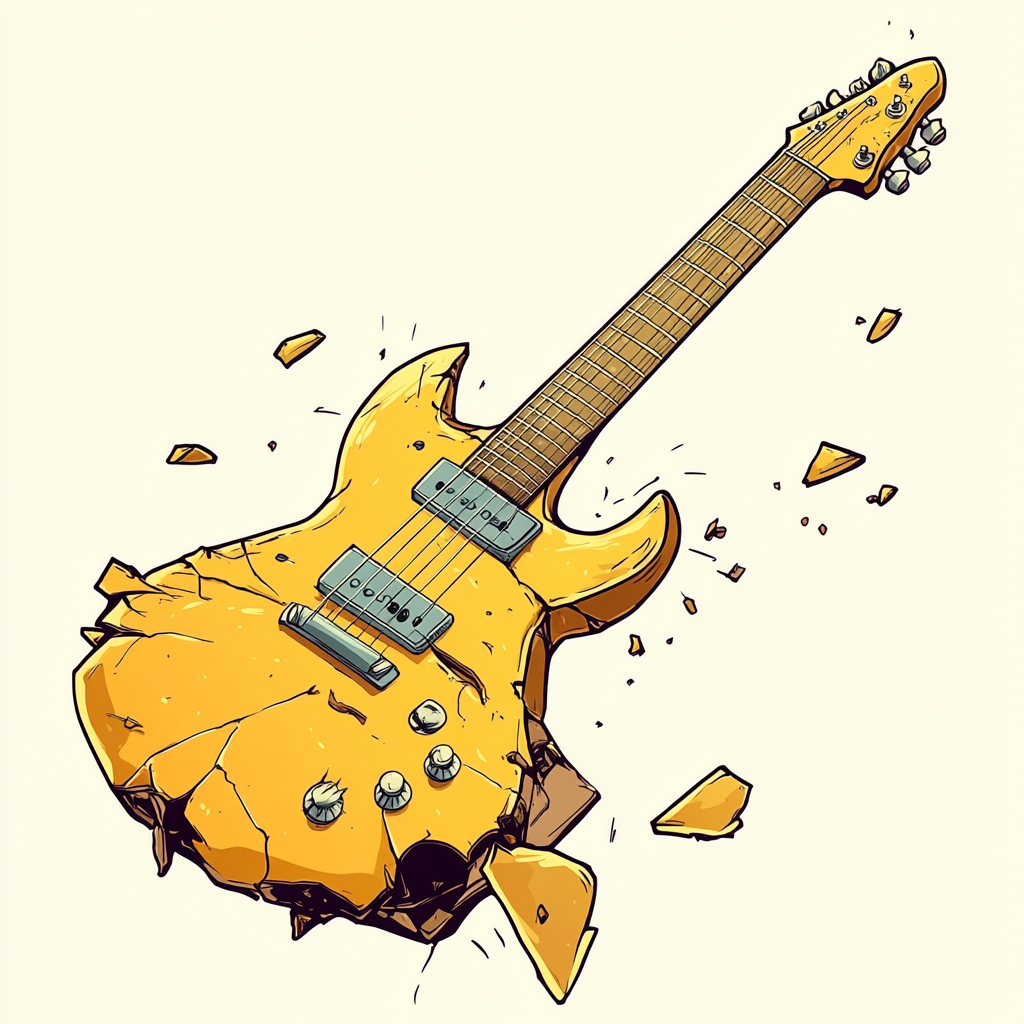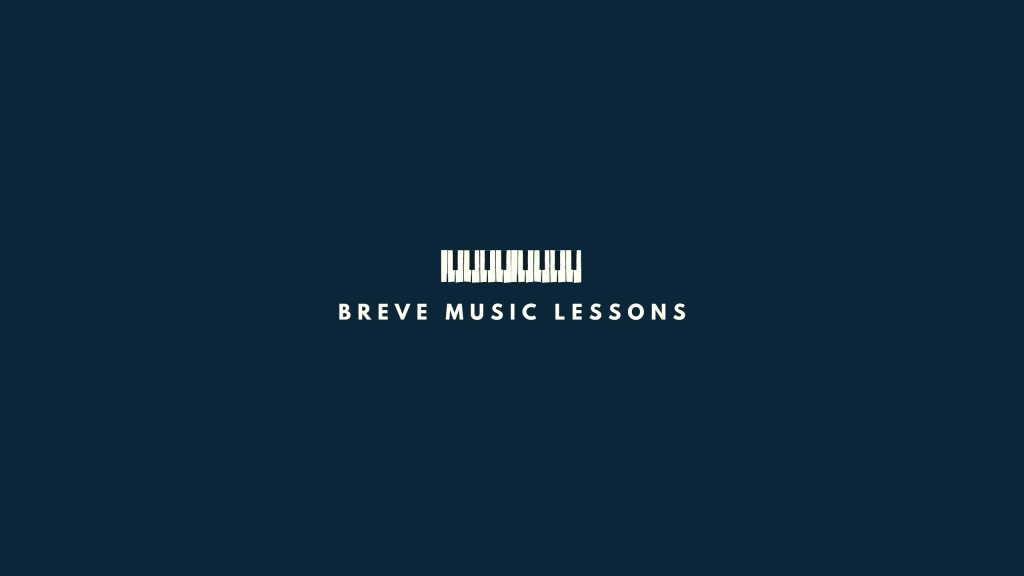Table of Contents
Why I Don’t Buy Cheap Instruments
Introduction
When you’re starting out as a musician or simply want to try a new instrument, buying a cheap one can seem like a good idea. The low cost is appealing, especially when you’re unsure how far you’ll go with it. However, over time, I’ve learned that these cheap instruments often come with limitations that make them a poor choice for serious musicians or even dedicated beginners. Here’s why I usually avoid them, and what you might want to consider before making the same decision.

Why I Don’t Buy Cheap Instruments
Understanding “Cheap” vs. “Affordable”
When I say “cheap,” I don’t just mean inexpensive; I’m referring to instruments that compromise significantly on quality to lower costs. It’s possible to find affordable instruments that offer good value without sacrificing much on quality, but truly cheap instruments tend to have inherent flaws. These flaws affect their sound, playability, and durability, which can ultimately discourage musicians rather than help them. Choosing an affordable instrument with decent quality is different from buying the cheapest option, which often ends up costing more in the long run.
Compromises in Sound Quality
One of the main drawbacks of cheap instruments is their lower sound quality. Many of these instruments produce inconsistent tones, lack resonance, and struggle to stay in tune, even after only a short period of playing. As musicians, we rely on the sound our instrument produces to develop our ear and refine our technique. But if the instrument itself can’t produce a stable or appealing sound, it’s much harder to progress. For a musician learning to recognize good tone, an instrument with poor sound quality can stifle growth and cause unnecessary frustration.
Limited Playability and Comfort
Cheap instruments are often difficult to play, which affects how enjoyable and productive practice sessions can be. Issues such as poor action, rough fret edges on guitars, or stiff valves on brass instruments can make playing physically uncomfortable. These problems aren’t just minor annoyances—they can actually hinder a musician’s development. When you’re struggling with an instrument that’s uncomfortable to play, it’s much harder to focus on improving your technique. In some cases, beginners might even quit, mistaking these issues as a lack of skill rather than recognizing the limitations of their instrument.
Durability and Maintenance Issues
Durability is another significant concern with cheap instruments. These instruments are often made with lower-quality materials and less reliable craftsmanship, meaning they wear out faster and need repairs more frequently. Common issues include fragile necks, faulty electronics, and broken keys. Additionally, cheaper instruments sometimes use materials that don’t hold up to regular use, like lower-grade metal that tarnishes or warps. Over time, the costs associated with repairs and maintenance on a cheap instrument can easily outweigh the initial savings. A more durable, quality instrument often requires less upkeep and lasts longer, making it a more reliable choice for committed musicians.
The Impact on Learning and Skill Development
One of the most overlooked impacts of using a cheap instrument is how it can slow your skill development. Instruments with poor response and unsteady intonation make it much harder to develop proper technique. For example, trying to maintain a good embouchure on a poorly made woodwind or brass instrument, or developing finger strength on a guitar with uncomfortable action, can discourage beginners and even frustrate experienced players. A quality instrument is usually more responsive and easier to control, which allows musicians to focus on their playing technique rather than struggling with the instrument itself. This positive experience can enhance motivation, leading to a faster and more enjoyable learning process.
Financial Perspective – “Buy Cheap, Buy Twice”
There’s an old saying that goes, “Buy cheap, buy twice.” This is particularly true with musical instruments. Although a cheap instrument might seem like a bargain, it often has to be replaced sooner than a quality instrument, which means spending more money in the long run. When you add up the cost of frequent replacements or repairs, it’s often more economical to save up and invest in a higher-quality instrument. Plus, quality instruments hold their value better over time, which means you might even be able to resell them if you decide to upgrade later. Cheap instruments, however, typically lose their value quickly and are harder to resell, as most experienced musicians are looking for higher-quality options.
Tips for Finding Good Quality Instruments on a Budget
If you’re on a tight budget but still want a decent instrument, there are ways to find quality without breaking the bank. Consider looking for secondhand options, which can often provide the best value if you’re willing to do a little research. Many reputable brands offer student or entry-level models that prioritize playability and durability without excessive costs. Rental programs can also be a good option, especially for beginners who want to try an instrument before committing. Additionally, keeping an eye on sales from reputable music stores can help you find a good deal on a quality instrument. Remember, a mid-range or used instrument will almost always outlast a cheap, brand-new one in terms of quality and reliability.
Conclusion
Cheap instruments may seem appealing at first, especially for beginners or casual musicians, but they often end up costing more in terms of money, time, and enjoyment. With lower sound quality, poor playability, and frequent maintenance issues, these instruments can hinder rather than help a musician’s progress. Investing in a better-quality instrument may require more upfront, but the benefits for sound, durability, and skill development are well worth it. In the end, a quality instrument can support you on your musical journey, making learning more enjoyable and rewarding. When choosing an instrument, consider not just the price tag but the long-term benefits, as a well-made instrument can bring years of musical joy and growth.
Additional Reading
More blog posts can be found here. Consider following Breve Music Lessons on Facebook and listening to the Breve Music Podcast.
